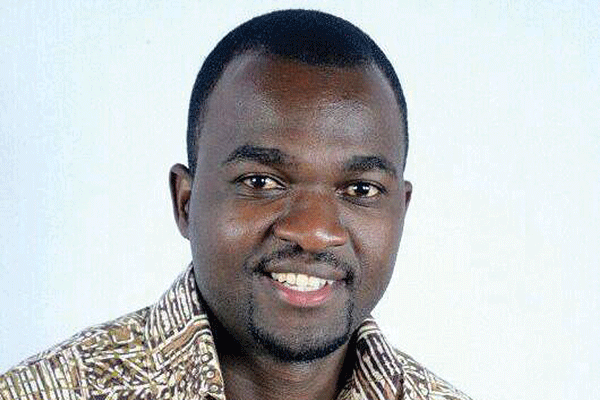
ZANU PF has made a high investment in social media guerillas (trolls). A lot of them are on its payroll to control the narrative and influence the direction our national politics takes as we head towards the crucial harmonised elections in a few months’ time.
By Patson Dzamara
It is important to debunk why Zanu PF is panicking and has made this huge investment towards social media control and manipulation.
The fear by the current junta regime of social media influence vis-à-vis people’s power in the next elections is real and can be felt. They have seen how other entrenched dictators before them fell in social media-accelerated revolutions. In recent history, Tunisia, Egypt and the Gambia experienced awe-striking political transitions and social media played a crucial role in all those cases.
Consequently, the power of social media can’t be underestimated.
The Arab Spring for instance saw citizens defy the odds of a government’s strong grip on power which included control over information flow, as they utilised social media platforms such as Twitter and Facebook to bring about their messages, mobilise and quicken the revolution. They were able to methodologically bring about alternative information countering state propaganda, with enlightened citizens knowing which platforms to follow and which ones were a decoy to confuse them.
This article is written against a background of Zanu PF’s presidential candidate for the 2018 plebiscite, Emmerson Mnangagwa recently unleashing his party youths to be vigilant on social media, instructing them (Rakashai vanhu pa sosho media) “Clobber them on social media”.
First and foremost, it is critical to underscore the fact that Zimbabwean elections are chiefly never won or lost based on social media dynamics, but on realities on the ground.
- Chamisa under fire over US$120K donation
- Mavhunga puts DeMbare into Chibuku quarterfinals
- Pension funds bet on Cabora Bassa oilfields
- Councils defy govt fire tender directive
Keep Reading
They are won or lost on the ground and on technicalities.
However, and in spite of that, important cyberspace developments are pertinent to explore, as they will have an impact on the ability of Zimbabweans to access correct information outside the State-run media and other Zanu PF propaganda channels.
Cellphone penetration rate is 100% in Zimbabwe. It simply means that all old enough Zimbabweans possess a cellphone or have access to one. Internet penetration rate is hovering slightly above 50%. It simply means that approximately 50% of Zimbabweans have access to and utilise internet for various reasons.
At the beginning of 2018, of the estimated 16 million Zimbabwe population, over 7 million of those were internet users. By now that figure should have exponentially increased and chances are high that it will double in the next few years.
These are very interesting dynamics and must never be ignored, especially by the opposition. In as much as Zimbabwean elections are not determined on social media, it has become a critical catalyst in the electoral process.
Social media has outpaced the traditional media: the newspaper, radio and television. Research shows phenomenal growth in the usage of Facebook, WhatsApp, YouTube, Twitter, LinkedIn and Instagram.
In this day the highly sceptical Zimbabwean population is no longer relying sorely on mainstream media for news, updates, adverts, business or political engagements. They are now mostly relying on social media. Not only is it an important medium, the statics highlighted above regarding cellphone and internet penetration rates are an apt accentuation of how social media has become the primary source for news and engagement at several levels for many.
With that in mind, going into the watershed 2018 polls, social media can only be ignored at one’s own peril. There is absolutely no doubt that even though it’s not going to be the primary determinant of the polls’ outcome, it is going to be an important tributary.
Zimbabwe’s population is classified as a youthful one. Youths (aged between 18 and 35) constitute 67% of Zimbabwe’s population. According to Zimbabwe Election Commission (Zec) chairperson Priscilla Chigumba, 60% of the registered 5,3 million voters for this year’s polls are aged between 18 and 40 years. As far as internet usage is concerned, it is that same group which is at the top.
What can never be disputed is the fact that the decider of this forthcoming election is going to be the youth vote. Youths cannot be sidelined or disregarded anymore. Gone are the days when youths are relegated and confined to throwing stones during protests.
We must never underestimate the power of social media. We may not have resources to employ our own guerillas like Zanu PF, but we have each other. We must be vigilant with our eyes stayed on the prize.
Together we will usher in a new and better Zimbabwe in our lifetime.
Patson Dzamara is a leadership coach, author and politician based in Zimbabwe











